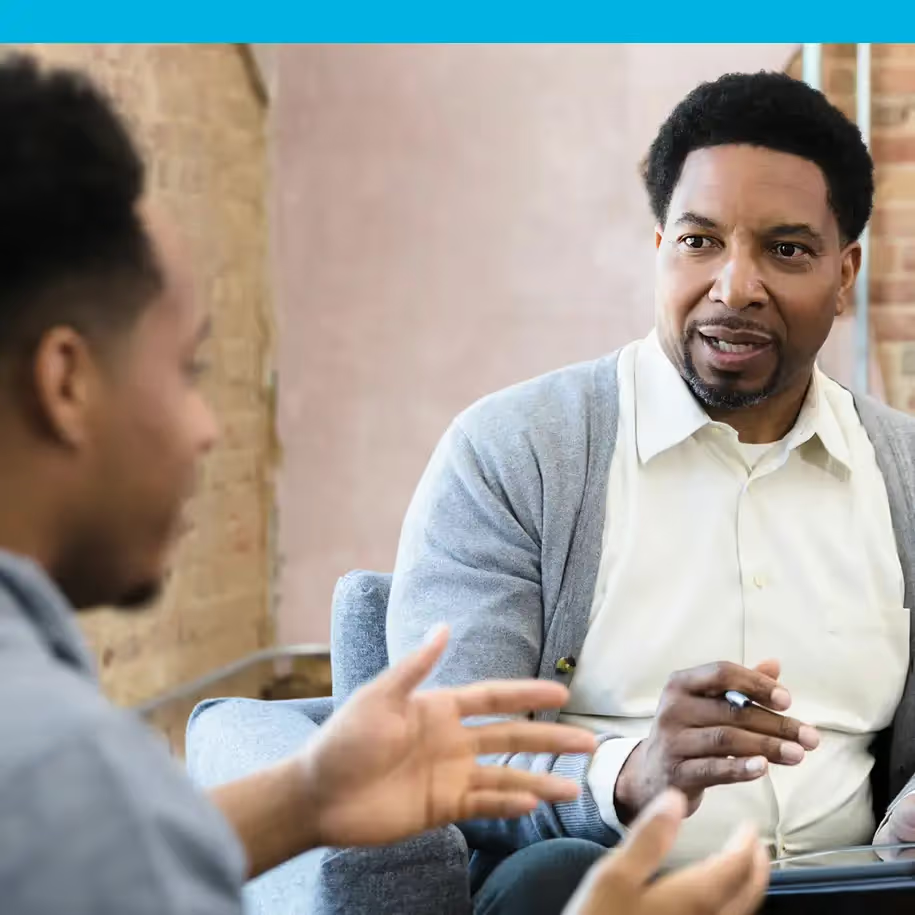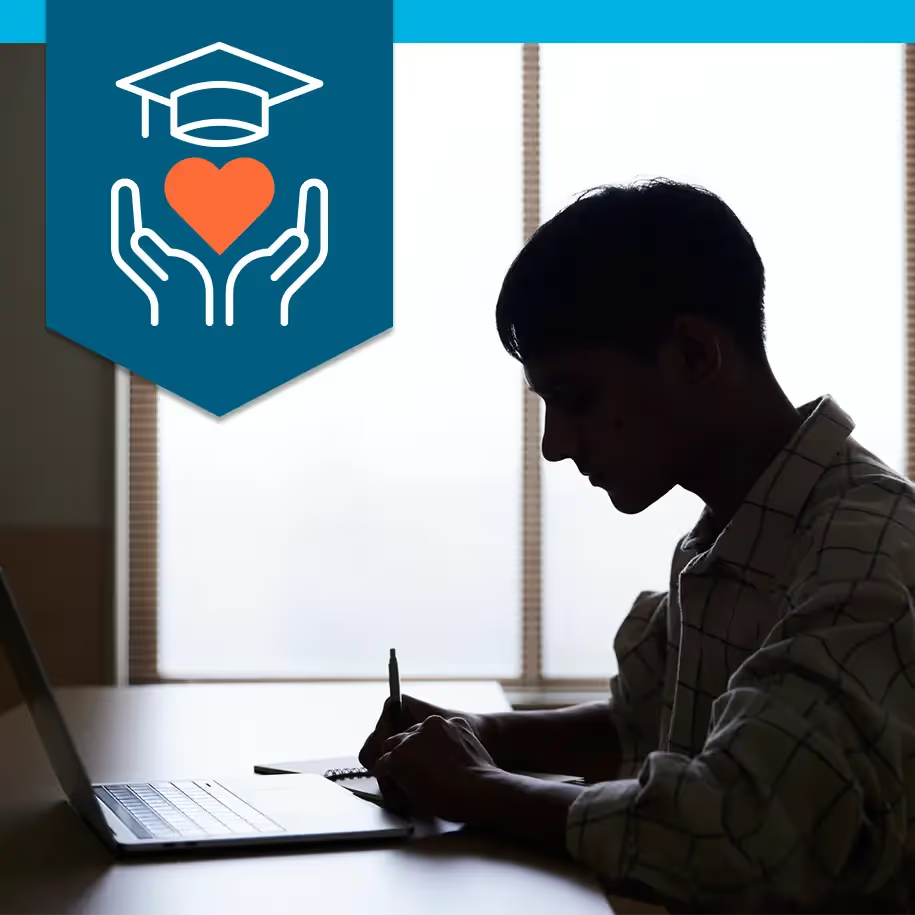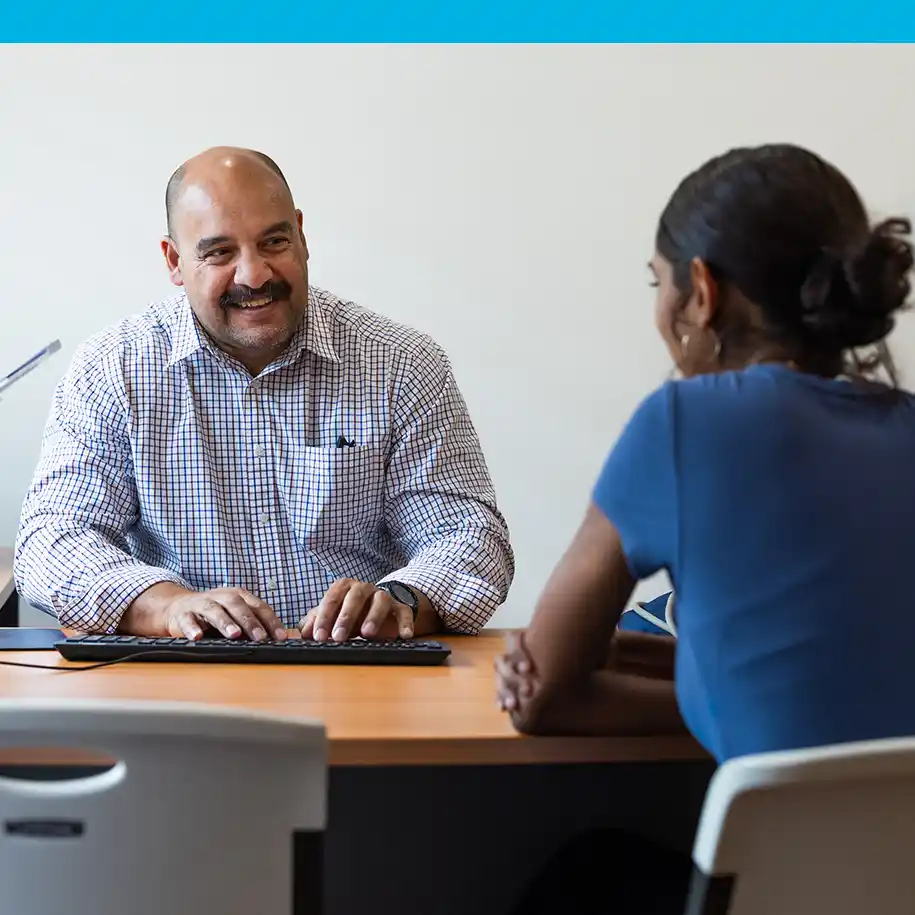
Access our on-demand webinar: How to Win Federal Grants to Build a Sustainable In-House Coaching Program
Hear how securing a federal grant can be a sustainable student support game-changer
Federal grants can provide critical funding for implementing sustainable learner-support programs and initiatives. But how do you apply for and win those competitive grants? How do you incorporate a research-proven partner from the start? And once you’ve secured the funding, how do you ensure you’re meeting grant requirements and building sustainable student support foundations that will last for years to come? That’s the topic of our recent webinar, How to Win Federal Grants to Build a Sustainable In-House Coaching Program.
During this power hour, leaders from three institutions that have each won a U.S. Department of Education Title III or Title V grant — with monies earmarked to build sustainable in-house coaching programs — share their firsthand insights. Dr. Stacey Randall, Executive Dean for Institutional Effectiveness and Title V Project Director, Waubonsee Community College; Dr. Kari Schimmel, Associate Vice President for Institutional Effectiveness and Innovation, Illinois Central College; and Dr. Kelly Wood, Associate Provost for Student Success, Missouri State University, discuss the road to win grant funding, along with tips on navigating the requirements and insights on how to tap into the power of partnerships to increase your impact.
Stories from the federal grant front lines
As Dr. Randall notes, when it comes to the federal grant process, “It takes a village. Grants are not a one person show. It’s a team effort. So you really have to have the full college buy-in and involve people with different ideas in the process.”
Dr. Schimmel continues the thread, explaining how following an unsuccessful Title III grant application, they conducted student focus groups to get the learners perspective. “We asked our students what were the things they needed, and we tried to learn from those things to strengthen our next proposal for the next cycle,” she says. As a result, the new submission, bolstered by the student voice, was selected to receive federal grant funding.
Dr. Wood shares that it took them cycles of applying before Missouri State received its Title III grant. “Each cycle, we made adjustments that responded to the reviewer comments,” she explains. “But we kept our goals the same. We really wanted to focus on improving student persistence to the next year and persistence to graduation.”
Throughout this webinar, panelists share stories like this and insights into every aspect of the grant process. Tune in to hear firsthand intel on:
- Planning and writing a grant proposal that can win
- Forming a working group with key stakeholders from across the institution
- Delegating responsibilities and securing buy-in throughout the grant process
- Ensuring your grant focuses on sustainability, and carries that throughout the grant process
- Choosing the right partners to write into your grant
- Organizing your teams after you’ve secured the grant
- Being selective about your external collaborators
- Partnering with sister campuses or other local colleges to create community ecosystems
What does the grant process really look like? Get the full story
It was an action-packed hour of insights, lessons learned and thought-provoking questions. If you missed it, don’t worry! The complete recording is now available, and you can view an on-demand version below.
Watch the full webinar for pro tips from three higher ed leaders on how to apply for, win and implement federal grants and use those funds to empower and advance your students.
Coaching solutions proven to advance all learners
Whether you’re looking to help students persist through completion or to improve career outcomes for job seekers and employees, our holistic coaching solutions can help you achieve meaningful outcomes.



